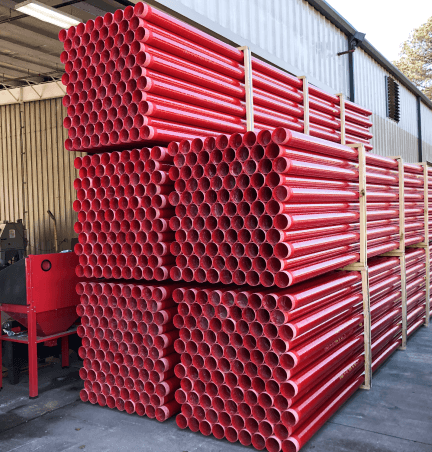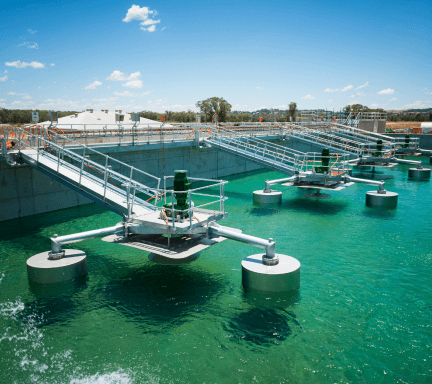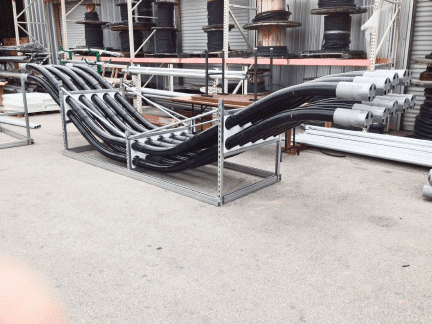Conduit, built to route and safeguard electrical cabling and infrastructure, is often an afterthought when it comes to overall project specification. Conventional conduits are fashioned from a common plastic called Polyvinyl Chloride (PVC), steel or steel that is coated in PVC. In recent decades, project owners, engineers and contractors have sought to optimize project economics, streamline installation and ensure long-term performance, adopting fiberglass conduit for an increasing number of industrial and commercial installations. As hundreds of projects in the field have revealed, this modification in material specification has resulted in a significant overall impact to project and facility economics.
Keep Reading
Champion Fiberglass® Named a CompositesWorld Top Shop for 2024
The origins of fiberglass date back to the ancient Greeks. Today fiberglass is used for a variety of applications from…
Get to Know Research and Development Engineer Blake Rogers
He’s got a diverse background in engineering, is new to Texas and can juggle. Meet Blake Rogers.
Electrical Conduit Cost Savings: A Must-Have Guide for Engineers & Contractors
To help identify cost savings that don’t cut corners on quality, Champion Fiberglass developed a free resource for engineers and…










